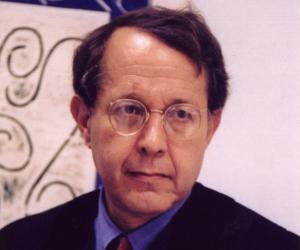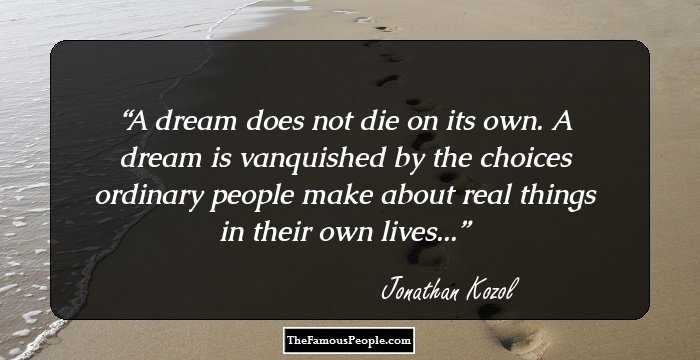
A dream does not die on its own. A dream is vanquished by the choices ordinary people make about real things in their own lives...

Pick battles big enough to matter, small enough to win.

It's sad that some people who have one exciting moment spend the rest of their lives rehashing it.
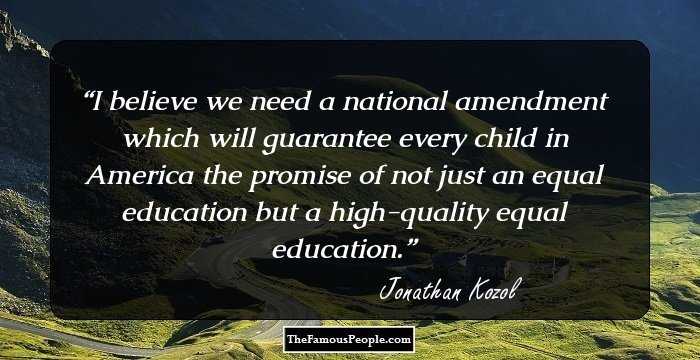
I believe we need a national amendment which will guarantee every child in America the promise of not just an equal education but a high-quality equal education.
But for the children of the poorest people we're stripping the curriculum, removing the arts and music, and drilling the children into useful labor. We're not valuing a child for the time in which she actually is a child.
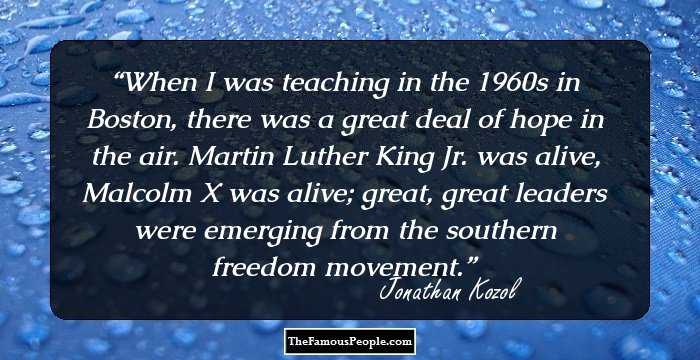
When I was teaching in the 1960s in Boston, there was a great deal of hope in the air. Martin Luther King Jr. was alive, Malcolm X was alive; great, great leaders were emerging from the southern freedom movement.
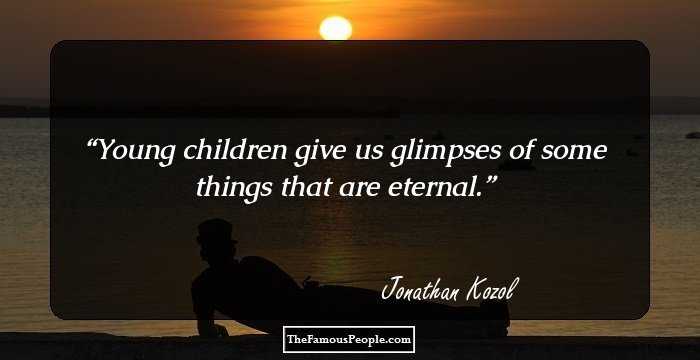
Young children give us glimpses of some things that are eternal.

Wonderful teachers should never let themselves be drill sergeants for the state.

I encourage teachers to speak in their own voices. Don't use the gibberish of the standards writers.
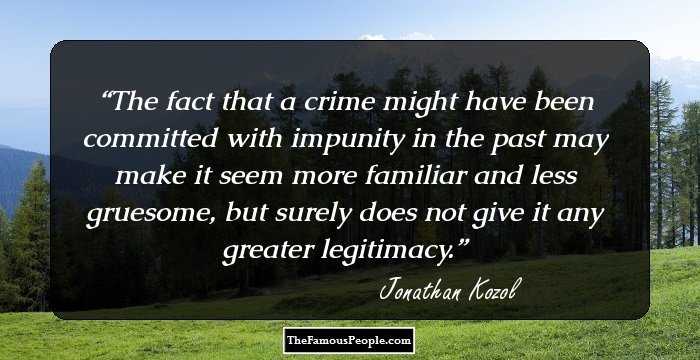
The fact that a crime might have been committed with impunity in the past may make it seem more familiar and less gruesome, but surely does not give it any greater legitimacy.

No human being who wants to read and own a book should ever have to go on a bended knee to get it.
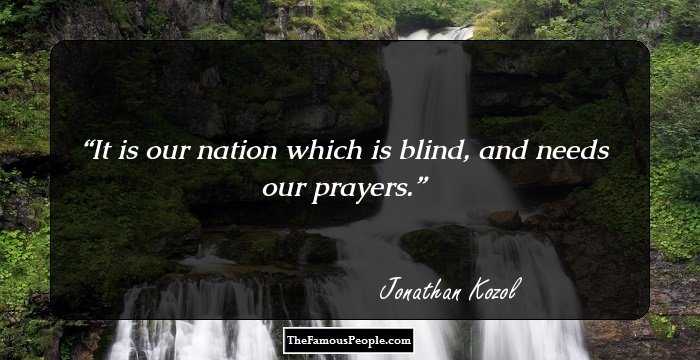
It is our nation which is blind, and needs our prayers.
President Obama's first term in office has been better for intentions than for actual changes in planning and policy. I do believe, and he has several things to this effect, that he would like to provide universal preschool or at least far more preschool for our children.
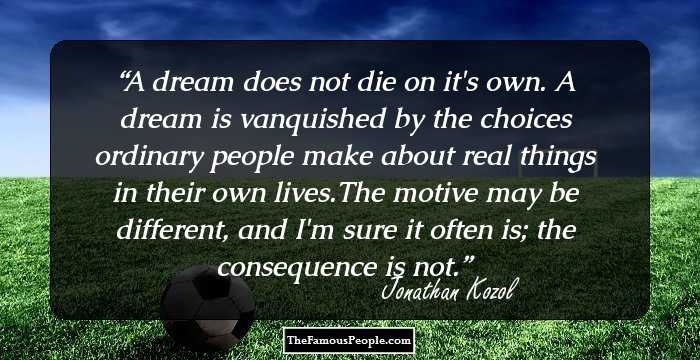
A dream does not die on it's own. A dream is vanquished by the choices ordinary people make about real things in their own lives.The motive may be different, and I'm sure it often is; the consequence is not.
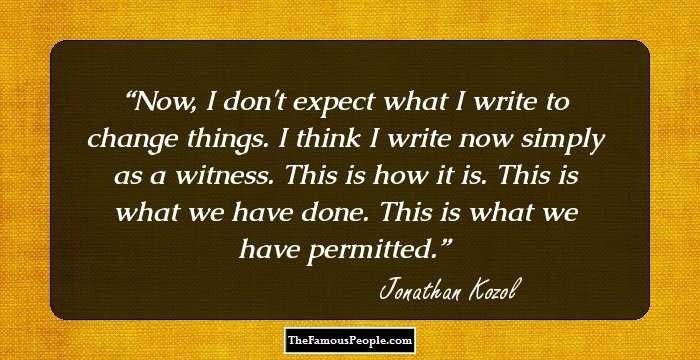
Now, I don't expect what I write to change things. I think I write now simply as a witness. This is how it is. This is what we have done. This is what we have permitted.
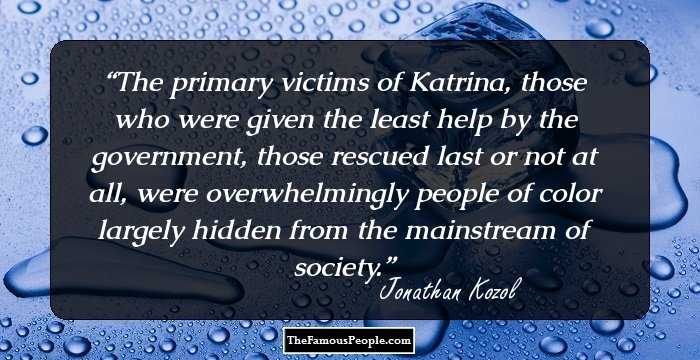
The primary victims of Katrina, those who were given the least help by the government, those rescued last or not at all, were overwhelmingly people of color largely hidden from the mainstream of society.

Still, I think it grieves the heart of God when human beings created in His image treat other human beings like filthy rags.
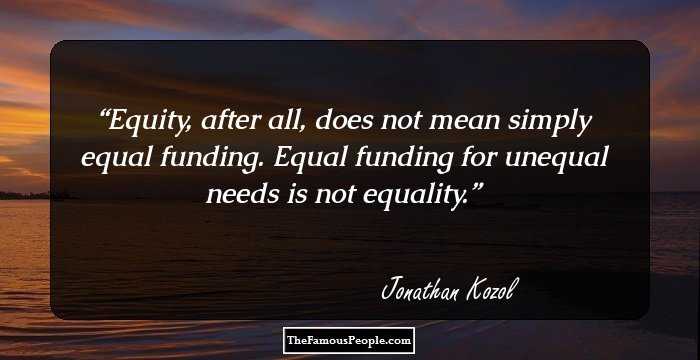
Equity, after all, does not mean simply equal funding. Equal funding for unequal needs is not equality.
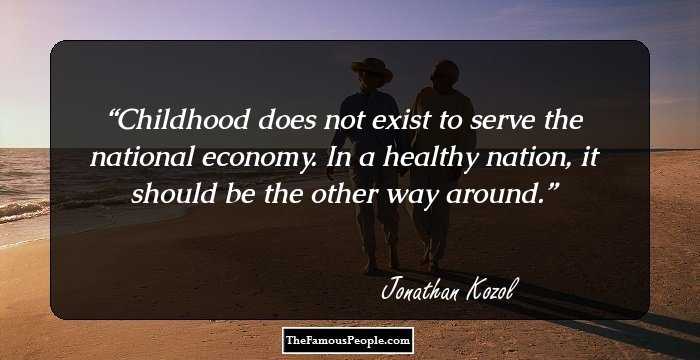
Childhood does not exist to serve the national economy. In a healthy nation, it should be the other way around.
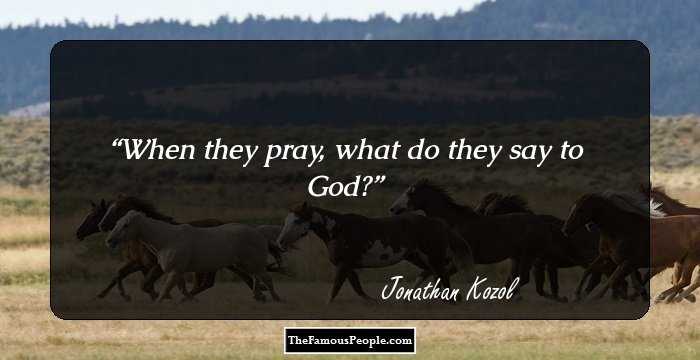
When they pray, what do they say to God?
Schooling should not be left to the whim or wealth of village elders. I believe that we should fund all schools in the U.S. with our national resources. All these kids are being educated to be Americans, not citizens of Minneapolis or San Francisco.
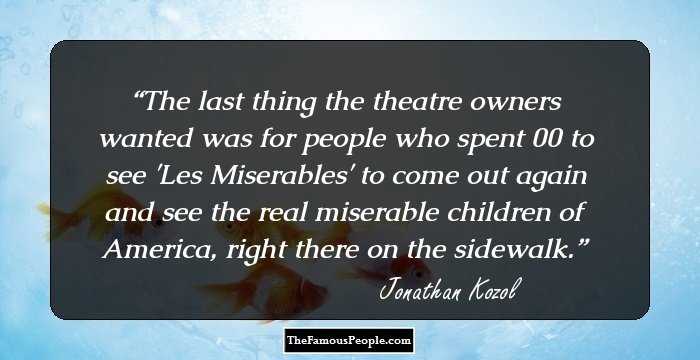
The last thing the theatre owners wanted was for people who spent $200 to see 'Les Miserables' to come out again and see the real miserable children of America, right there on the sidewalk.
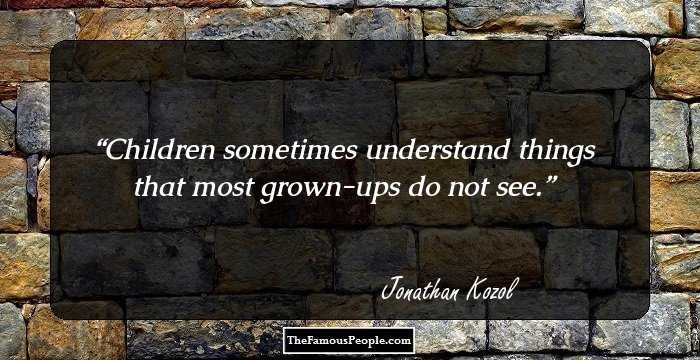
Children sometimes understand things that most grown-ups do not see.
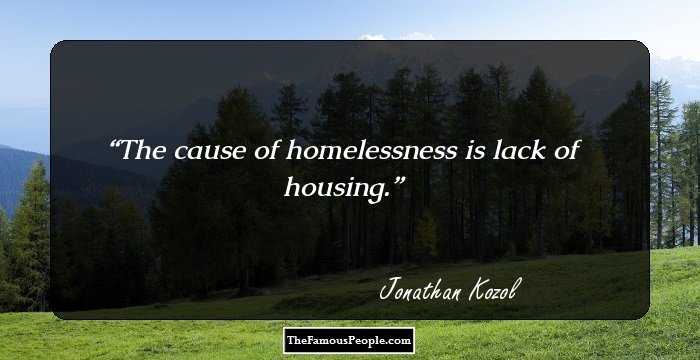
The cause of homelessness is lack of housing.
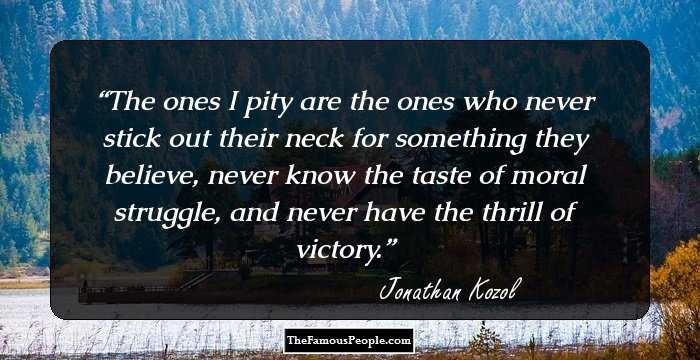
The ones I pity are the ones who never stick out their neck for something they believe, never know the taste of moral struggle, and never have the thrill of victory.
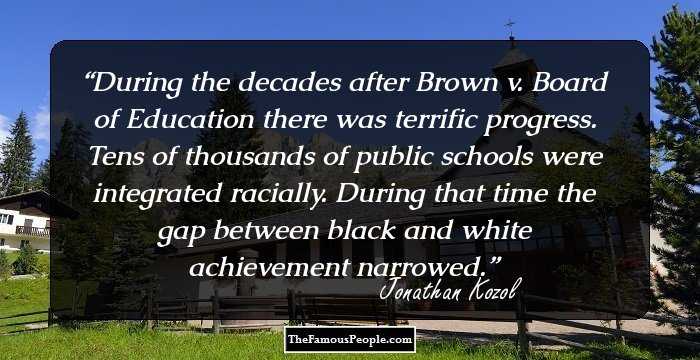
During the decades after Brown v. Board of Education there was terrific progress. Tens of thousands of public schools were integrated racially. During that time the gap between black and white achievement narrowed.
![[Of] particular importance is the relationship between education and the political process.](https://quotes.thefamouspeople.com/images/quotes/jonathan-kozol-28906.jpg)
[Of] particular importance is the relationship between education and the political process.
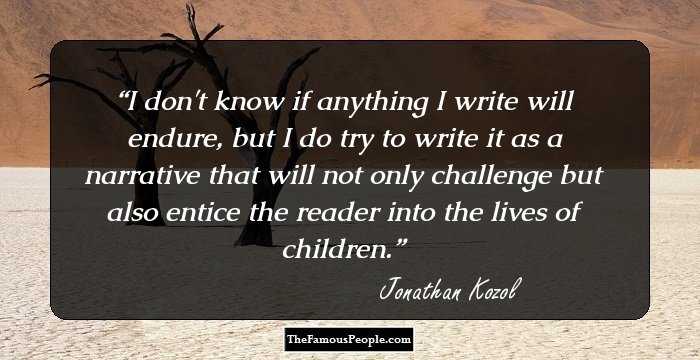
I don't know if anything I write will endure, but I do try to write it as a narrative that will not only challenge but also entice the reader into the lives of children.

I have an enormous sense of having failed in life.
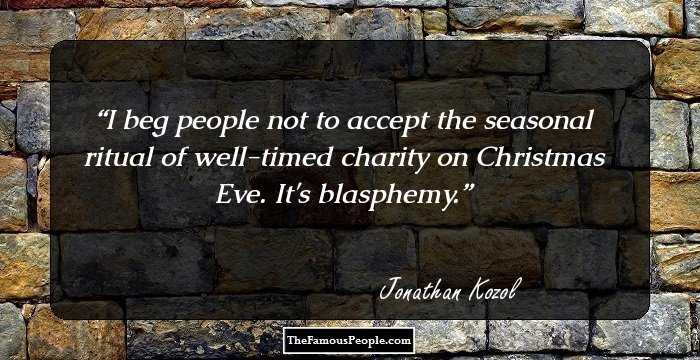
I beg people not to accept the seasonal ritual of well-timed charity on Christmas Eve. It's blasphemy.

